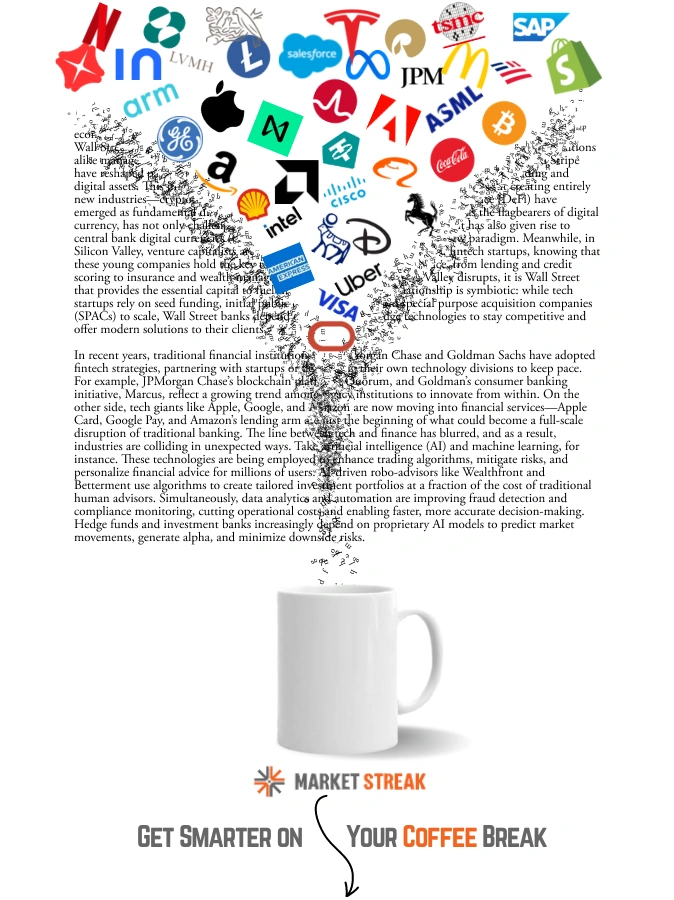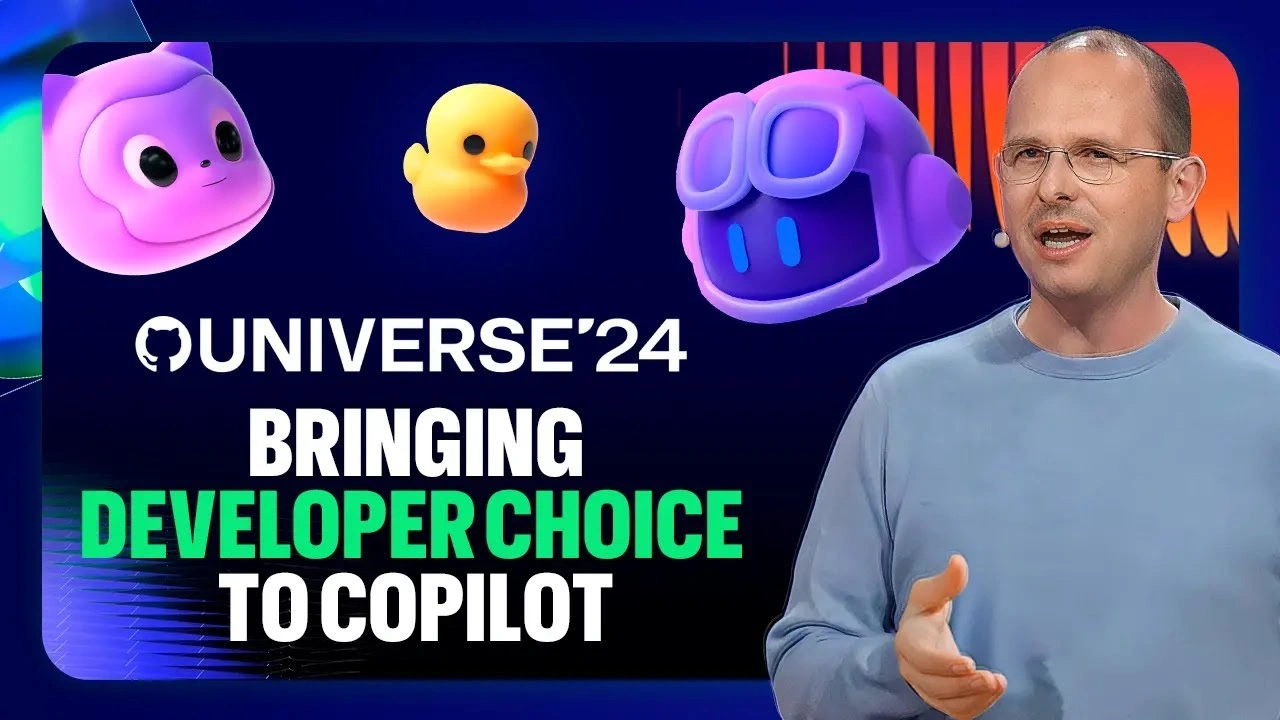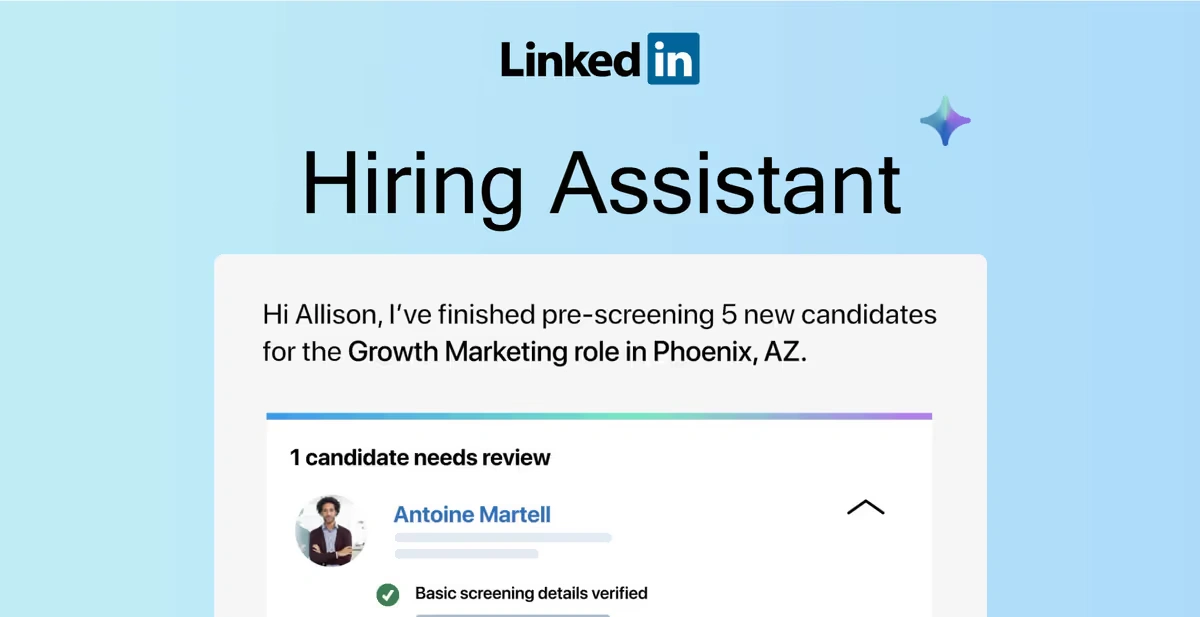Bezos
Billionaire
Skepticism
Controversy

Bezos
Billionaire
Skepticism
Controversy
Jeff Bezos, the billionaire founder of Amazon and owner of The Washington Post, has ignited a firestorm of controversy by preventing the newspaper from issuing its traditional presidential endorsement. This unprecedented move, made just two weeks before the election, has prompted resignations, a significant drop in subscriptions, and accusations of a conflict of interest. While Bezos defends his decision as a principled attempt to restore public trust in the media, critics argue it represents a blatant attempt to influence the election outcome and a betrayal of journalistic integrity.
The Washington Post, known for its decades-long tradition of endorsing presidential candidates, announced on Friday that it would remain neutral in the upcoming election. This departure from its established practice was swiftly followed by reports that a draft endorsement of Kamala Harris, prepared by two Post writers, had been quashed by Bezos himself. This revelation fueled speculation about the underlying motivations for this highly unusual intervention.
Bezos subsequently published an op-ed attempting to justify his actions. He argued that ending presidential endorsements is a necessary step towards regaining public trust, a commodity he acknowledges the media has lost significantly. He cited Gallup data illustrating a decline in public confidence in institutions, with the media ranking among the least trusted. His op-ed framed the decision as "a meaningful step in the right direction," claiming that presidential endorsements, far from swaying public opinion, merely create a perception of bias.
This assertion, however, directly contradicts research from Brown University professors indicating that such endorsements do exert influence on voters, particularly those already leaning towards a particular candidate. The influence, the research suggests, is not uniform, varying depending on pre-existing political preferences.
The timing of Bezos' decision, just two weeks before election day, has also drawn considerable criticism. Bezos himself acknowledged the inadequate planning, stating it was not a carefully orchestrated strategy. He vehemently denied any quid pro quo, despite the fact that Dave Limp, CEO of Bezos' space exploration company Blue Origin, met with Republican candidate Donald Trump on the very day the Post's announcement was made. Bezos maintained he had no prior knowledge of this meeting and pleaded for public trust in his stated motivations.
However, Bezos' explanation has failed to fully quell the outrage. The inherent conflict of interest stemming from his ownership of a major news outlet alongside vast business interests and political connections has been a primary source of criticism. In his op-ed, Bezos himself admitted: "When it comes to the appearance of conflict, I am not an ideal owner of The Post." He acknowledged the frequent interactions between officials from his various companies and politicians, suggesting that his position presents an unavoidable risk of perceived bias. He used the self-deprecating phrase, "I once wrote that The Post is a ‘complexifier’ for me. It is, but it turns out I’m also a complexifier for The Post," highlighting the intertwined nature of his personal and professional lives and their impact on the newspaper's integrity.
The backlash against Bezos' decision has been swift and severe. Robert Kagan, a prominent editor-at-large, resigned from the Post on the same day as the announcement. In statements to CNN, Kagan voiced his belief that Bezos' move was designed to appease Donald Trump, citing Trump's past threats against Bezos' businesses. This interpretation has fueled speculation about a possible attempt to secure favorable treatment from a potential Trump administration.
The dissent extended beyond Kagan. Three out of ten members of the Post's editorial board resigned in protest, along with several other journalists and columnists. An op-ed signed by 21 Post columnists condemned the decision as a "terrible mistake" and an abandonment of the newspaper's fundamental editorial principles. The collective resignation and public criticism vividly demonstrate the deep-seated opposition to Bezos' intervention within the Post's own ranks.
The financial repercussions have also been substantial. Sources reported that over 200,000 subscribers – approximately 8% of the Post's total subscriber base – canceled their subscriptions in the days following the announcement. This represents a considerable blow to the newspaper's financial stability and serves as a powerful indicator of public disapproval of Bezos' actions. Former Post executive editor Marcus Brauchli described the subscriber loss as "a colossal number," underscoring the unprecedented nature of the fallout.
The controversy surrounding Bezos' decision is not occurring in a vacuum; it reflects a broader societal concern about the influence of billionaires on media outlets. A Harris Poll survey of over 2,100 U.S. adults revealed that 59% believe billionaires contribute to an unfair society. While acknowledging billionaire influence on the economy, 42% of respondents expressed opposition to billionaires owning media businesses, highlighting growing public apprehension about potential conflicts of interest and undue media manipulation by the wealthy.
Given Bezos' status as one of the world's wealthiest individuals, his actions have inevitably magnified these concerns. His considerable wealth becomes a focal point, fueling accusations of using his financial power to influence the Post's editorial direction. His own words, "You can see my wealth and business interests as a bulwark against intimidation, or you can see them as a web of conflicting interests," capture the essence of the debate – his actions are viewed very differently depending on the perspective. The public perception of Bezos' influence, positive or negative, directly impacts the credibility and public trust in The Washington Post.
The Washington Post’s decision to refrain from endorsing a presidential candidate marks a significant departure from its long-standing tradition. Since 1976, with only one exception in 1988, the newspaper consistently offered its endorsement to a presidential candidate. This year's unprecedented silence represents a remarkable break from the past and has sparked intense debate about the implications for the future of political journalism.
The absence of an endorsement leaves many wondering about the long-term ramifications for The Washington Post's image and its role in shaping public opinion. The immediate reaction, a wave of resignations and a significant subscriber loss, suggests a substantial impact on the newspaper's standing and future prospects. The long-term implications remain uncertain, depending heavily on the public’s reaction and the Post's ability to address the concerns and restore its credibility. The events surrounding this controversial decision underscore the complex relationship between wealth, media ownership, and the public's trust in journalistic integrity. The ongoing fallout presents a compelling case study in the potential consequences of billionaire influence on media outlets and the importance of maintaining a perceived independence in political reporting.
SHARE



news
30th October 2024


news
30th October 2024

news
30th October 2024


news
30th October 2024

news
30th October 2024

news
30th October 2024